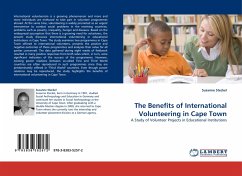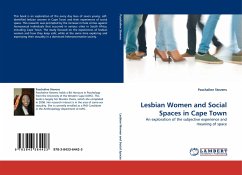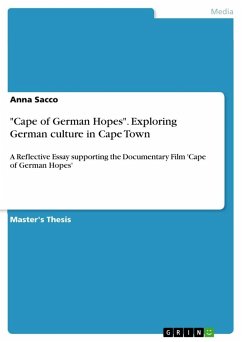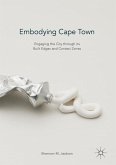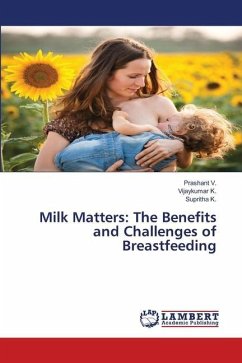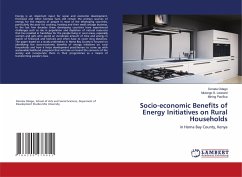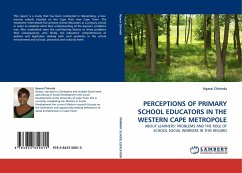International volunteerism is a growing phenomenon and more and more individuals are enthused to take part in volunteer programmes abroad. At the same time, volunteering is widely promoted as an urgent intervention to combat social problems in the receiving countries, problems such as poverty, inequality, hunger and diseases. Based on the widespread assumption that there is a growing need for volunteers, the present study discusses international volunteering in educational institutions in Cape Town. The study examines two programmes in Cape Town offered to international volunteers, presents the positive and negative outcomes of these programmes and analyses their value for all parties concerned. The data gathered during eight weeks of fieldwork resulted in many positive responses from both sides which, in turn, were significant indicators of the success of the programmes. However, existing power relations between so-called First and Third World countries are often reproduced in such programmes since they are predominantly offered in "Third World" countries. Even though power relations may be reproduced, the study highlights the benefits of international volunteering in Cape Town.

